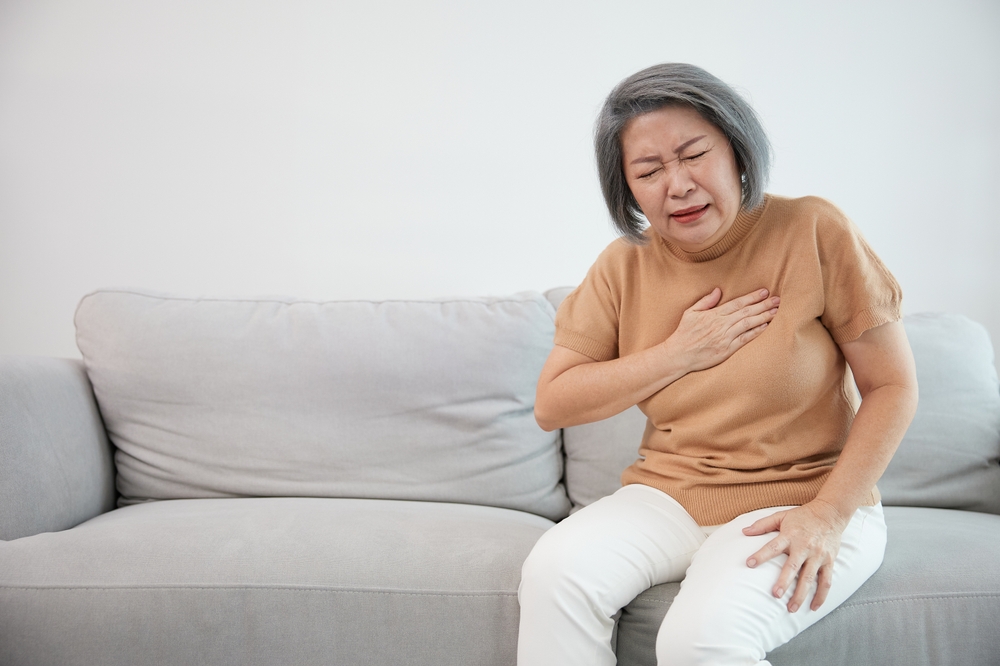Heart Valve Disease in the Elderly
Category:

Have you ever heard the phrase “getting old is not for sissies?” We all look forward to the “golden years” with great anticipation, but sometimes we’re faced with unexpected medical conditions that change the way we’ve planned to spend the advanced years of our lives.
Heart valve disease in the elderly is caused by a lifetime of wear and tear on the heart. In heart valve disease, one or more of the valves in your heart is not working properly, which causes an interruption in the blood flow through the heart to your body. The incidence of heart valve disease increases significantly with age.
Let’s look at some heart valve disorders, how to recognize them, and how they are treated.
- A leaking heart valve in elderly people is one of the common heart valve disorders. Also known as Mitral Valve Regurgitation, a leaky valve does not close properly which allows blood to leak through.
- A mild case usually does not cause symptoms at all, but if you experience dizziness, fluttering heartbeat, chest pain, shortness of breath, swollen feet or ankles, or unusual fatigue you should see your doctor for an evaluation.
- A leaking heart valve prognosis in elderly patients depends on the severity of the leakage, duration of the condition, the specific valve, and your body’s response to treatment.
What is aortic valve stenosisin elderly people?
- This is the most common and sudden cause of death in the heart valve diseases found in elderly patients. Aortic valve stenosis occurs when the aortic valve narrows.
- Cases range from mild, to moderate, to severe. When the aortic valve narrows, your heart must work harder to pump blood to the rest of your body.
- Eventually, the strain can lead to serious problems and ultimately to heart failure.
Heart valve replacement surgery and recovery in elderly patients.
- Heart valve surgery in the elderly is one of the most common heart procedures in the aging population. Heart valve replacement in elderly patients usually requires a hospital stay of at least a week.
- The time it will take for a recovery from the surgery varies according to your age and overall health prior to the surgery, but 6-8 weeks is common for your breastbone to heal.
- Aortic valve replacement in elderly patients may take 2-3 months or even longer before you feel like your normal self again.
- Your condition will improve gradually, but you should feel better and stronger with each passing day.
- You may have to make some lifestyle adjustments to get the most out of your new or repaired valve. You should follow a heart-healthy diet, get regular exercise, minimize stress whenever possible. Most importantly, if you haven’t already, stop smoking!
Download Our Heart Health Guide
Follow-up is a key component to a successful recovery. Be sure to go to all appointments. Keep in touch with your cardiologist and surgeon and follow their recommendations. Watch closely for changes in your health and report any concerns to your medical professionals immediately.
Most elderly patients report improved quality of life and marked symptomatic improvement following heart valve replacement surgery if they adhere to the guidelines and follow-up care prescribed by their physician.
Subscribe
Date: 2021-09-09
Category:


